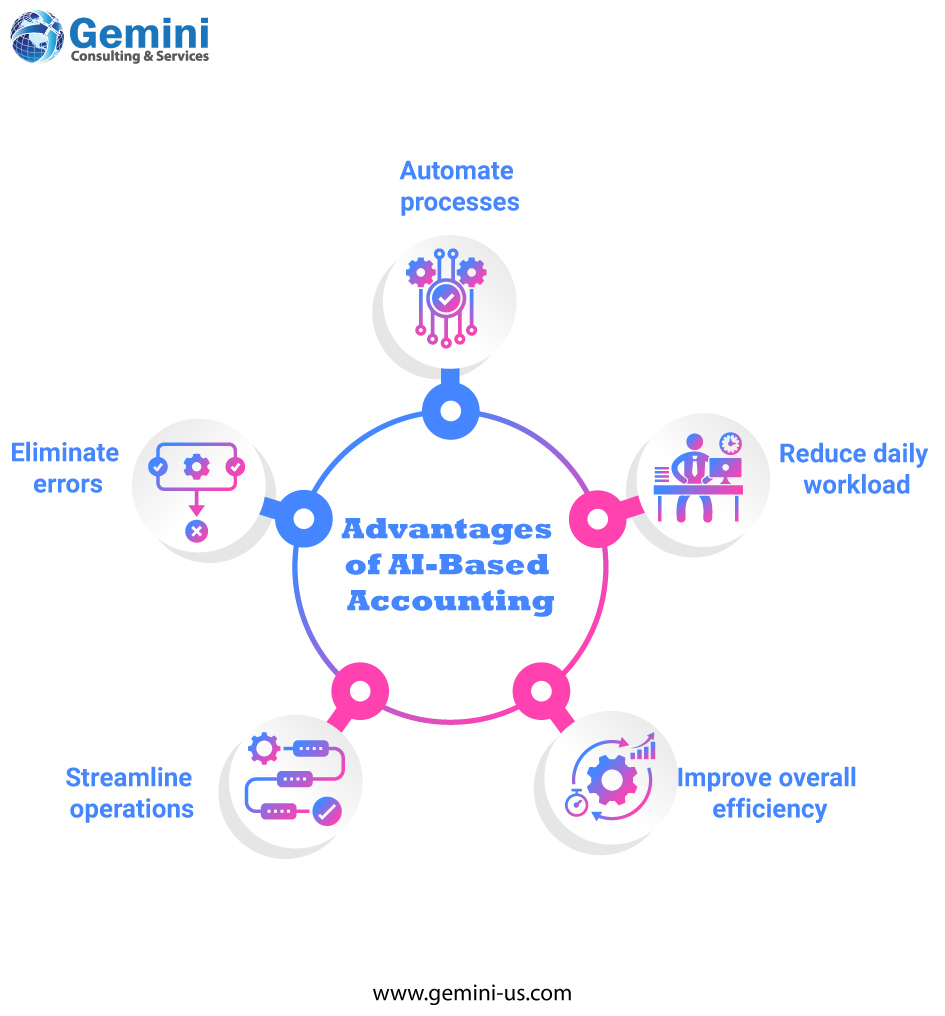In the US many companies are grappling with the challenge of finding certified accounting professionals. This has even led to potential errors in accounting by over 720 companies, including Advance Auto Parts Inc and LegalZoom.com, an online legal services provider. These companies have officially cited insufficient accounting staff as the reasons for their accounting errors.
According to Bloomberg News report featured in Forbes quoting equity research firm Hudson Labs, the shortage of accounting professionals in the US has increased by 30% compared to 2019.
Despite numerous job openings, college students are not rushing to fill this talent gap. The primary reason for this reluctance is that entry-level accountant salaries are insufficient to cover the tuition fees incurred during a typical four-year college education. News reports indicate that accountant positions are among the most frequently advertised on student placement sites.

Aspiring accountants typically require five years of college education to obtain a Certified Public Accountant (CPA) license, known as the "150-hour rule." However, meeting this requirement has become increasingly costly due to the rising tuition fees.
For individuals aged 22 to 27, identified as Generation Z, the average student debt surpassing $20,000 poses a significant barrier. Moreover, the allure of higher-paying positions in Wall Street and Silicon Valley firms often makes the investment of time and effort into becoming a CPA seem less viable.
Efforts to alleviate certification expenses have emerged within companies. Some prominent consulting firms now permit students to accrue credit hours through full-time, paid work at the firm.
Despite these challenges, more students are gravitating towards the accounting profession, due to its stability. This trend is particularly notable as half of US college graduates struggle to secure suitable employment. Also, amidst ongoing layoffs in the tech sector, an increasing number of tech majors are transitioning into accounting roles.
To appeal to Generation Z, some companies highlight the positive societal impact accountants can have, ranging from supporting sustainability initiatives to engaging with local communities.
AI’s Role in Addressing Accountant Shortage
The Bureau of Labor Statistics has pointed out the severe shortage of accountants in the US. Every year, the US need 36,400 accountants and auditors for the next 10 years to meet industry requirements. However, this demand is not being met as expected, with both incoming generations and current professionals departing from these roles. Recent data shows a significant decline, with over 300,000 US accountants and auditors leaving their positions in the past two years alone, marking a 17% reduction in the workforce compared to 2019.
Yet, amidst this challenge lies an opportunity. Technology, particularly Artificial Intelligence (AI) and Machine Learning (ML), can play a pivotal role in reshaping the profession. These emerging technologies offer transformative solutions to streamline various aspects of accounting, reporting, and Financial Planning and Analysis (FP&A) processes.
By leveraging AI, accounting teams can automate tedious tasks, such as transaction recording, general ledger posting, and financial statement generation. This automation not only enhances efficiency but also ensures accuracy throughout the workflow. AI's ability to analyze vast datasets rapidly and accurately empowers accountants to uncover insights, detect trends, and make informed, data-driven recommendations promptly.
AI also facilitates expediting the financial close process by reducing the time spent on account reconciliation. It also enhances audit quality by flagging outliers or anomalies for further investigation, thereby improving overall audit effectiveness. Embracing AI as an ally rather than a threat holds promise for addressing the accountant shortage while enhancing the profession's effectiveness and relevance in a rapidly evolving landscape.

AI for Efficiency
Organizations are finding it difficult to retain new generation of accountants. Recent graduates from accounting programs frequently report experiencing high levels of burnout due to the demands of long hours and busy seasons.
Nevertheless, integrating AI into accounting processes can reduce the daily workload for accounting teams. Instead of merely executing tasks, accountants can transition to roles focused on management and oversight. Surveys indicate that 60% of accountants acknowledge the growing importance of technology in their job satisfaction compared to just a few years ago. Besides, proficiency in modern financial systems has become essential for attracting fresh talent to the accounting field.
It's important to note that AI is not intended to replace accounting teams entirely. Rather, it serves to streamline operations, freeing up valuable time and enhancing overall efficiency. Gemini Consulting & Services offers consulting services in leveraging AI tools to automate manual tasks. Contact us to learn how our AI consultants can customize solutions to optimize your business's productivity.
The Future is AI-Based Automation
In the coming years, an increasing number of finance and accounting teams are expected to embrace modern, cloud-based accounting platforms integrated with cutting-edge technologies like AI, ML, and digital assistants. These advanced technologies have the potential to streamline and eliminate manual business processes, freeing finance and accounting professionals from constantly reacting to business demands.
By automating mundane tasks, accountants will gain the opportunity to redirect their efforts towards more impactful work. This transformation can position them as strategic partners within the organization, offering insights and value beyond traditional financial management. Providing access to AI technology will be crucial in attracting and retaining top talent in the field.
The future landscape of finance will witness a collaborative synergy between employees and AI, leading to significant productivity enhancements and fostering a culture of innovation.



